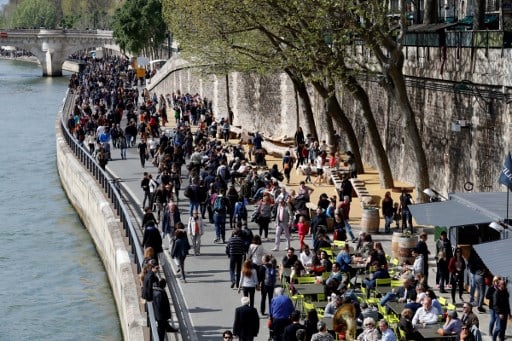- Calamitous Paris Velib bike-hire rollout will be complete by May, mayor vows
- Forget the Paris bike scheme chaos, there is a better solution



Paris Mayor Anne Hidalgo has pledged to tackle the city's smog with bike-sharing and car-free riverbanks. But with the Velib' fiasco and simmering resentment among drivers, her push to make the French capital go green is faltering.



